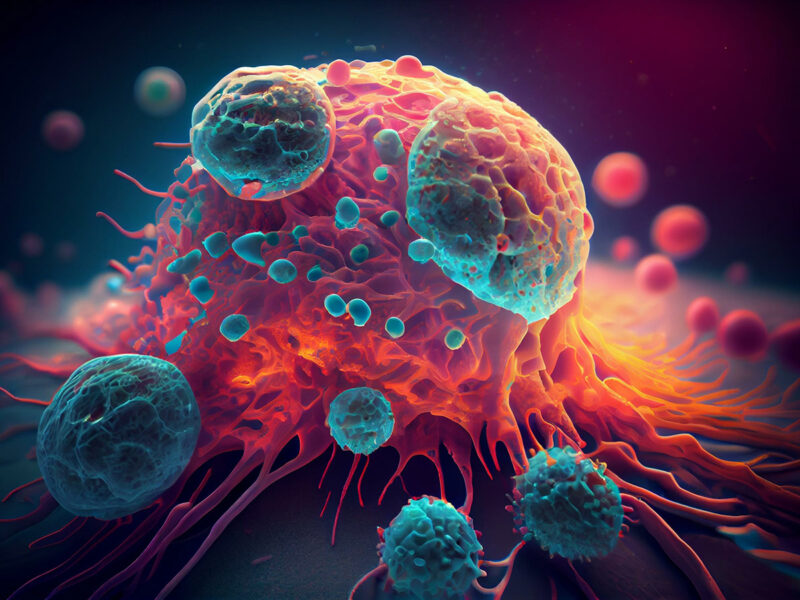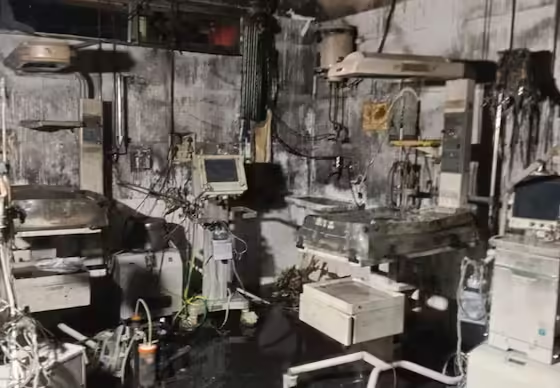New Delhi, October 15: A recent study conducted by the Indian Council of Medical Research (ICMR) on the BRICS countries has painted a concerning picture of the future of cancer case in India. The study predicts a sharp rise in cancer cases and deaths between 2022 and 2045, underscoring the urgent need for enhanced cancer prevention, early detection, and treatment initiatives.
The Growing Cancer Burden
According to the ICMR study, the number of cancer cases in India projected to increase by 63% from 1.45 million in 2022 to 2.36 million in 2045. Similarly, cancer deaths expected to rise by 67% from 8.15 lakh in 2022 to 1.36 lakh in 2045. These alarming figures highlight the escalating impact of cancer on the Indian population.
Factors Contributing to the Rise
Several factors are contributing to the increasing burden of cancer in India:
Population Growth: India’s rapidly growing population means that there are more people at risk of developing it.
Aging Population: As the Indian population ages, the risk of cancer increases. Many types of cancer are more common in older individuals.
Lifestyle Factors: Unhealthy lifestyle choices, such as smoking, excessive alcohol consumption, unhealthy diet, and physical inactivity, are major risk factors for cancer.
Environmental Factors: Exposure to environmental pollutants, such as air pollution and contaminated water, can increase the risk of certain types of it.
Limited Access to Healthcare: Many Indians, particularly those living in rural areas, lack access to quality healthcare, including this screening and treatment.
The Economic Impact of Cancer case
The rising burden of cancer in India is also having a significant economic impact. It treatment can be expensive, and many families forced to spend their life savings to pay for medical care. This can lead to financial hardship and poverty.
Addressing the Cancer case Burden
To address the growing cancer burden in India, a multi-faceted approach needed. This includes:
Cancer Prevention: Promoting healthy lifestyle behaviors, such as quitting smoking, limiting alcohol consumption, maintaining a healthy diet, and exercising regularly.
Early Detection: Implementing cancer screening programs to detect this at an early stage, when treatment is often more effective.
Improved Access to Healthcare: Expanding access to quality healthcare services, particularly in rural areas, to ensure that all Indians have access to cancer prevention, screening, and treatment.
Research and Development: Investing in research to develop new and more effective cancer treatments.
Policy Interventions: Implementing policies that promote cancer prevention and control, such as tobacco control measures and regulations on food safety.
The Role of Government and Non-Governmental Organizations
The government and non-governmental organizations (NGOs) have a crucial role to play in addressing the cancer burden in India. The government can allocate resources for cancer prevention, screening, and treatment programs. NGOs can raise awareness about it, provide support to cancer patients and their families, and advocate for policies that improve access to healthcare.
Read Also – WHO Team Deployed In Rajasthan After 7 Children Die of Diphtheria
The ICMR study has sounded a clarion call for action to address the rising burden of this in India.










